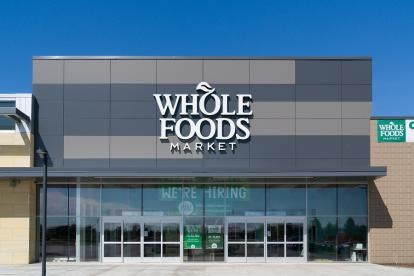Like many employers, Whole Foods maintained a policy that prohibited employees from making audio or video recordings at work. The purpose of the policy, as explained by Whole Foods, was not to stifle employees, but rather to promote open communications by allowing employees to speak freely without concern of being secretly recorded. In 2015, the National Labor Relations Board (NLRB) ruled that this policy violated the National Labor Relations Act because it could be interpreted by employees to apply to activity undertaken by them on a concerted basis for mutual aid or protection, and thus within the guarantee of rights in the National Labor Relations Act. Whole Foods appealed the NLRB’s ruling to the United States Court of Appeals for the Second Circuit, arguing, among other things, that what was prohibited was recording, which is not protected, and not any actual protected activity itself.
On June 1, 2017, the court issued a summary order, in which it affirmed the NLRB’s ruling that Whole Foods’ blanket “no-recording” policy was overly broad and therefore violated the Act. The court explained: “Whole Foods’ attempt to separate the act of ‘recording’ from conduct falling within Section 7’s protection ignores that its policies prohibit recording regardless of whether the recording is in relation to employees’ exercise of their Section 7 rights.” The court further supported its conclusion that the policy was overly broad by pointing out that it was “not limited to controlling those activities in which employees are not acting in concert.” Although the court upheld the NLRB’s finding that the policy was overly broad and unlawful, the panel left open the door that employers can “craft a policy that places some limits on recording” without running afoul of the NLRA by keeping the scope of the prohibition narrow. Presumably a policy that does not prohibit all recording, including recordings protected by Section 7, and that specifically details the non-protected recordings which are prohibited (such as, for example, prohibiting recording in patient care areas of health care employers), could be deemed lawful under the NLRB’s current standard for evaluating employer rules.




 i
i

